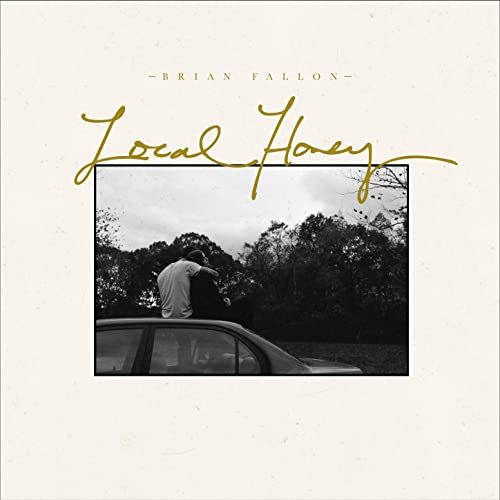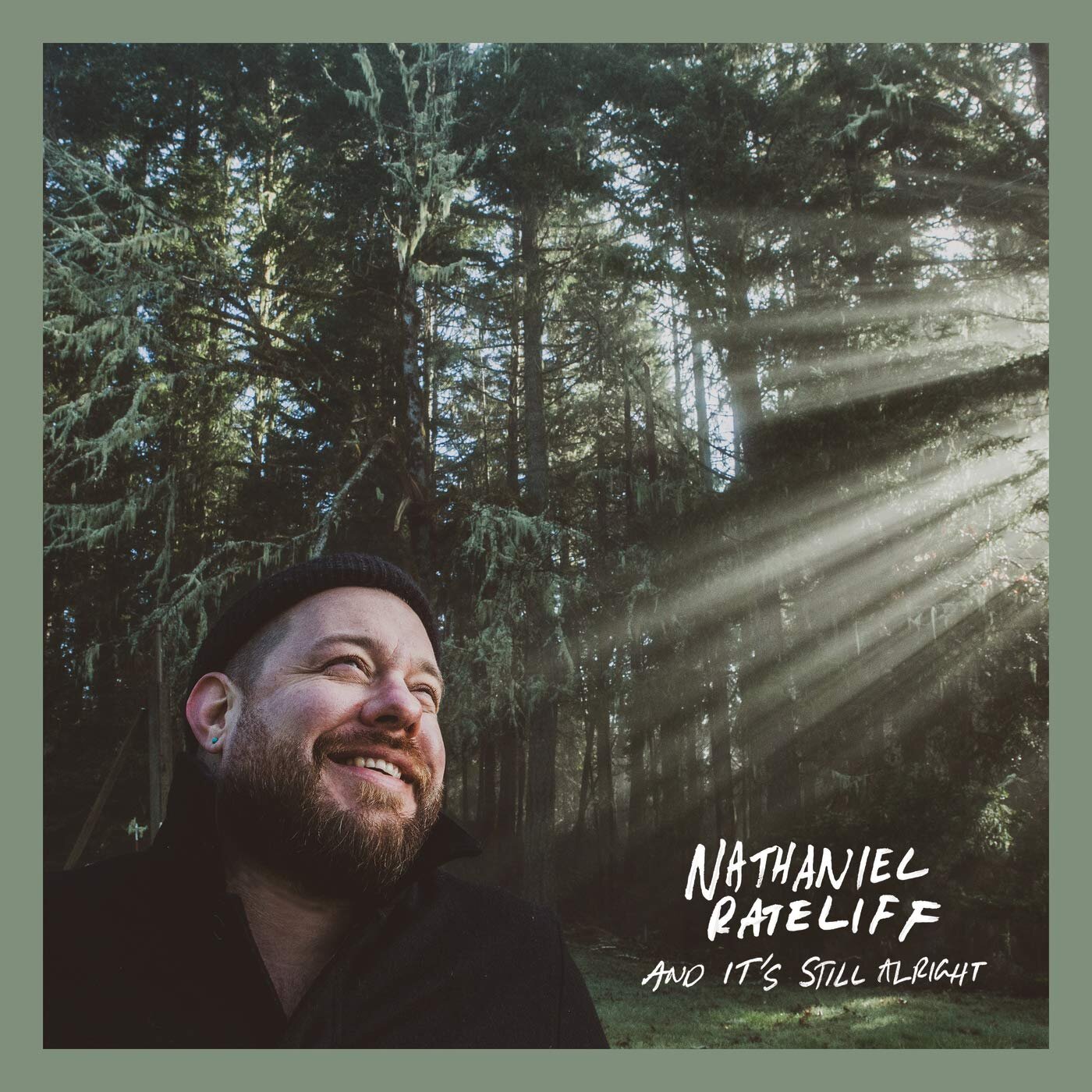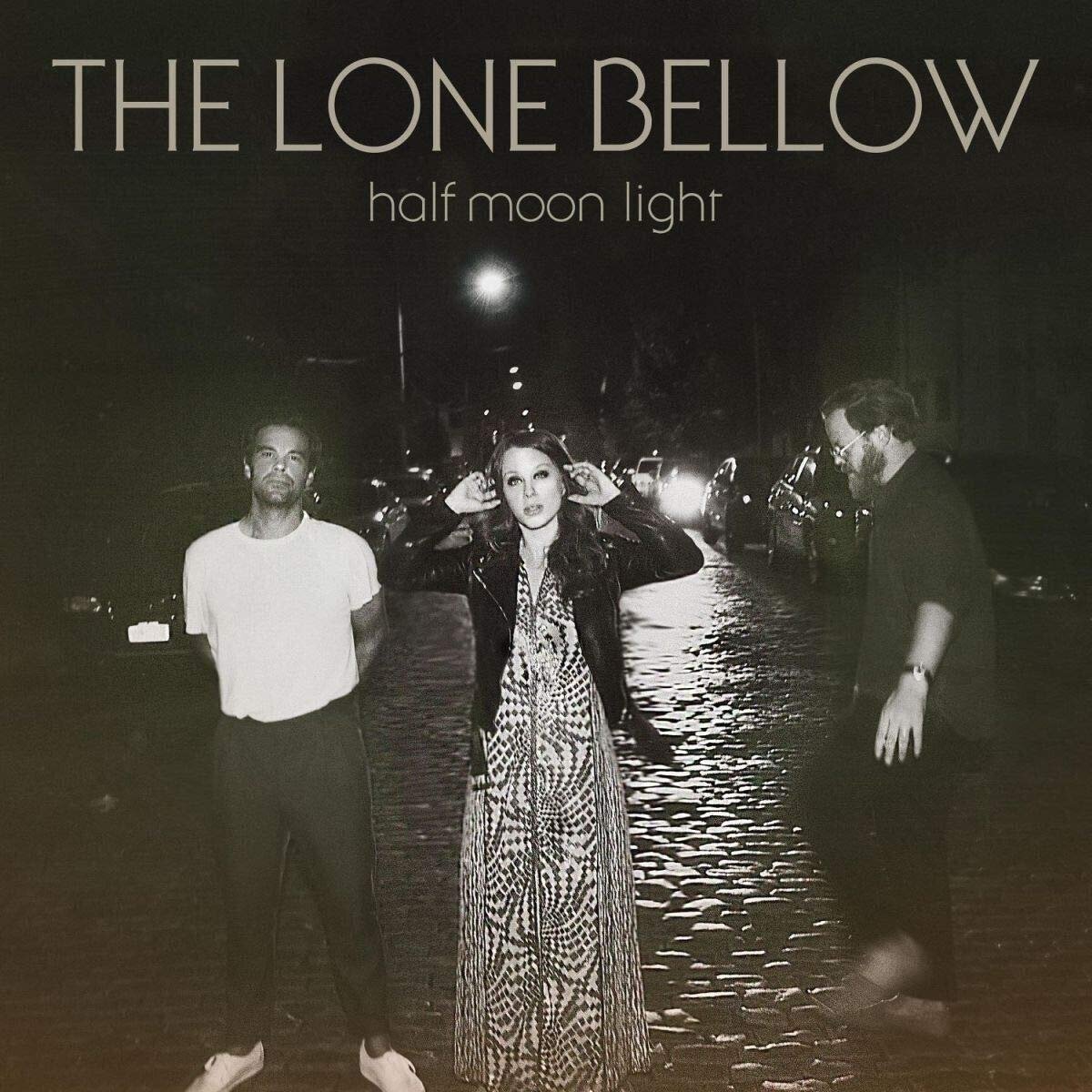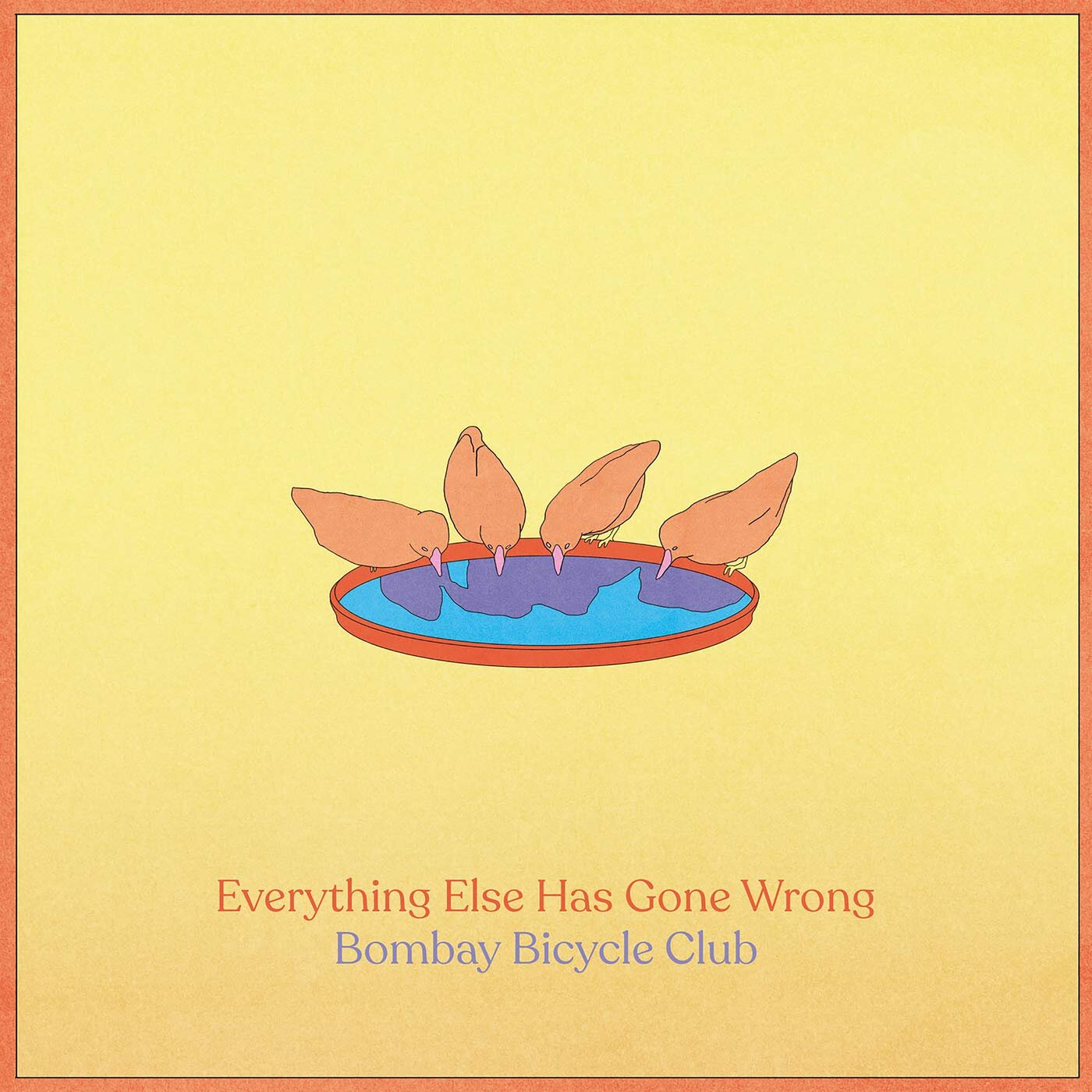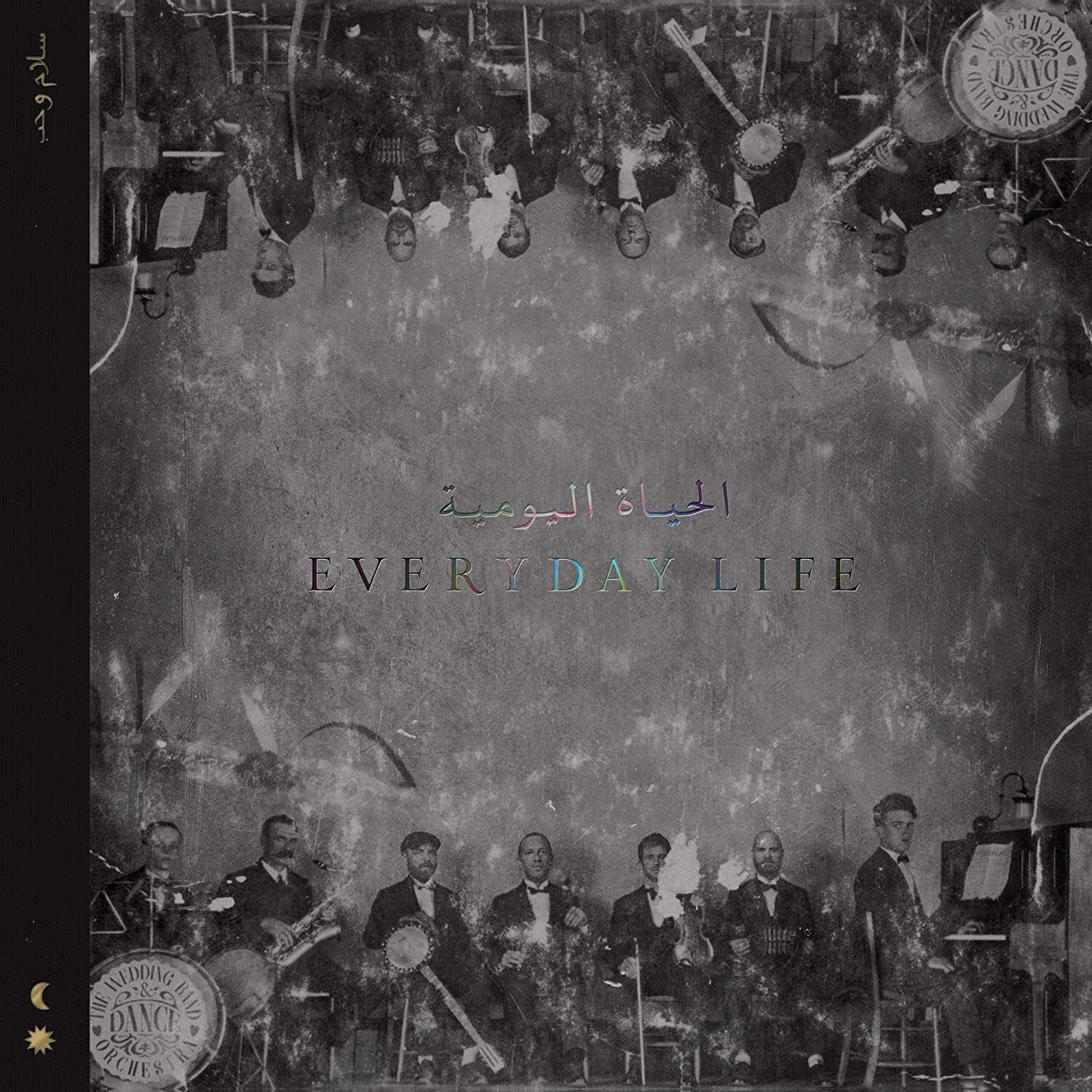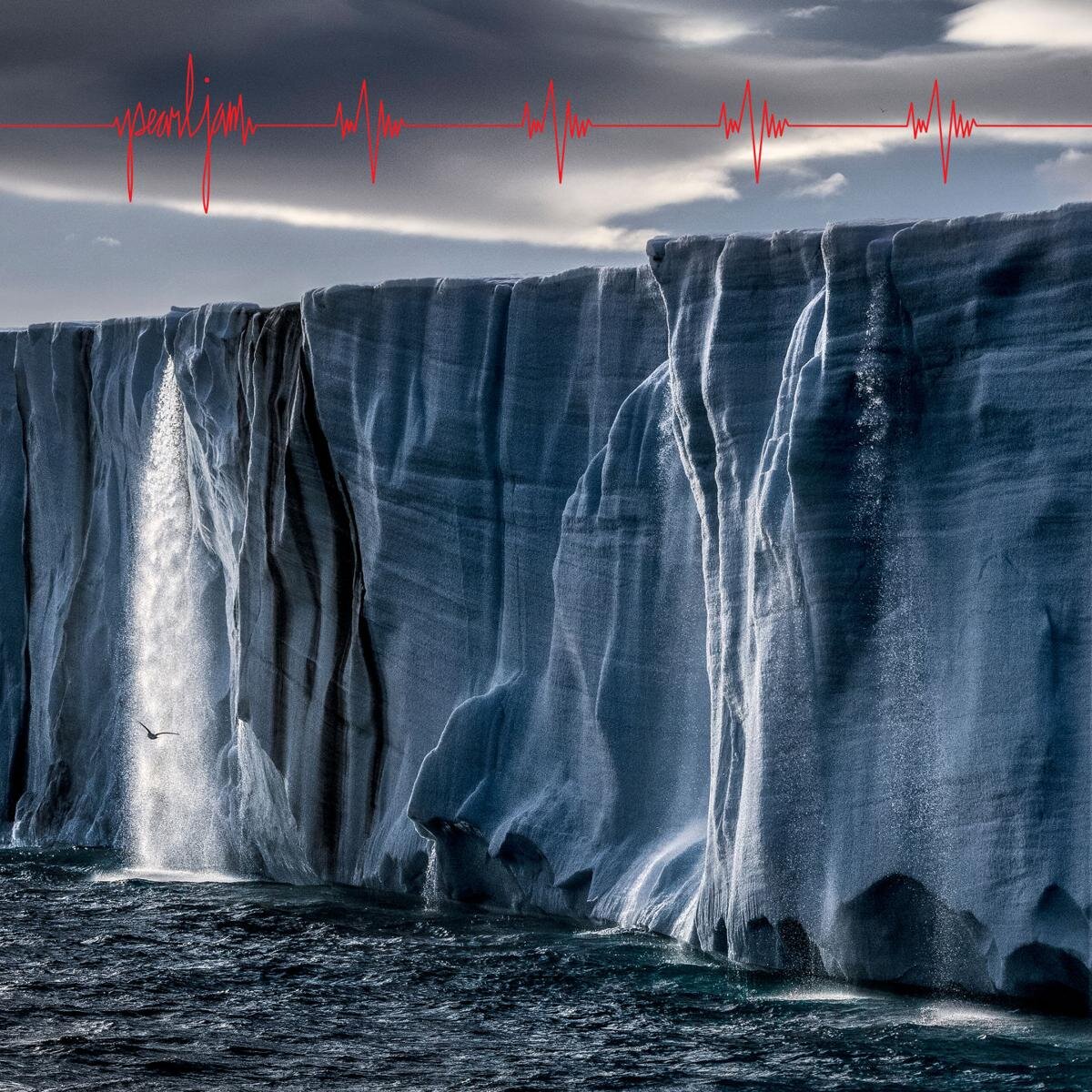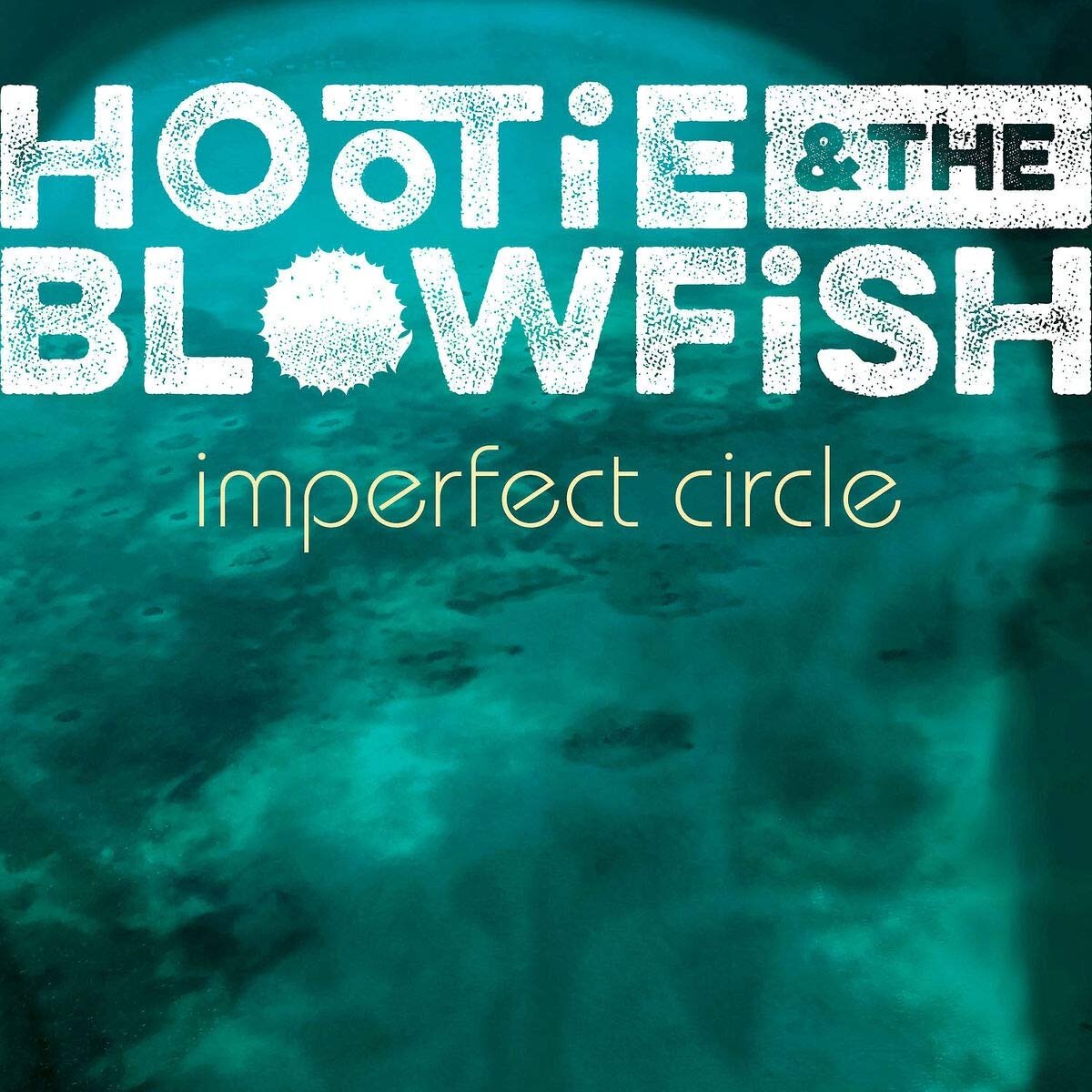CLICK HERE TO LISTEN TO THE MUSICAL THESIS PLAYLIST
At the center of every album is a musical thesis. This thesis can be the driving force behind the album, a theme that interweaves songs together, or a feeling you are left with after the very last song plays. With some albums, the thesis is easy to find. On others, it is hidden and requires you to be more than a passive listener. These reviews are not about rating an album. Instead, it is about uncovering a musical thesis.
Musical Thesis: Brian Fallon Local Honey
While I patiently wait for a Gaslight Anthem record that more than likely never arrive, I will keep myself occupied with another Brian Fallon solo offering. At the center of Local Honey, Fallon’s third album is a tale of unrequited love. Brian’s gift has always been his songwriting, and here he constructs relatable stories about love never returned. As we move through the album, we discover that wishing for things to be different does very little to change the outcome (this is especially true of love. In the final songs, our character attempts to move on from the pain of heartbreak. Who among us hasn’t been there?
Local Honey is one of those rare albums that seems to tell a complete story from beginning to end. It is deeply personal, yet it is approachable and doesn’t require a lot of heavy lifting to find yourself written into the same stories. In the end, this is a human album wrestling with that one thing we are trying to find – love.
Musical Thesis: Franz Ferdinand “Always Ascending”
Is it possible for an album to be rudderless, without direction, and still be good? Without a doubt, “Always Ascending” by Franz Ferdinand is an upbeat production. It is music with fluidity begging you to dance and move wherever you find yourself. Beyond the impulse to move, this album didn’t do much for me because I couldn’t find a central theme. There is talk of fame, laziness, and growth, but none of these topics are presented in a profound or deep manner. I am sure this album works for someone. It just didn’t do much for me. I guess I must voyage on ships with a clear direction.
Musical Thesis: Guster “Ganging Up on the Sun”
In “Ganging Up on the Sun,” Guster takes their famous gentle sound and roughs up the edges. The final product is coated with a thin film of nostalgia and serves as yet another entry in modern folk-rock catalogs. From moments spent reflecting on bygone days to moments lost in the mirror wondering what happened, this album isn’t necessarily bound by a lyrical thesis. Instead, the thesis holding this album together can be found in the sound production. Occasionally, this is more than enough for me.
Musical Thesis: Car Seat Headrest “Twin Fantasy”
At first listen, “Twin Fantasy” by Car Seat Headrest feels beautifully fragile; like carrying a stained glass window that can be violently broken at a moment’s notice. This comparison is easy to comprehend because buried in the lyrics to these songs we meet characters who are fully aware of themselves, aware of their strengths, and positively aware of deep character flaws. In this awareness and sense of self, I also experience an album bravely and refreshingly focused on the care of others. When this fragility, awareness, and care are all added to a bowl and mixed loudly and with force, the end result is a deeply personal record presenting a great deal to unpack and learn about ourselves.
Musical Thesis: Robert Plant & Alison Krauss “Raising Sand”
I wish the world of popular music saw more projects like "Raising Sand” by Robert Plant and Alison Krauss. I love the idea of artists from two different genres coming together to make something unique. For its part, this album is a soulful and introspective folk-oriented collection of songs that sustains a sense of sadness throughout. But this album isn’t depressing. Mixing blues, country, and folk music, we get a sense of the struggle without being overwhelmed. In the end, most of the songs here will get your foot stomping. If you are anything like me, they will also leave you begging for more projects born out of mutual respect.
Musical Thesis: Beck “Colors”
The same Beck who made “Odelay” is not the same person who made “Colors.” No, this record is an evolution of sound. This record is bombastic and loud. It feels like an out-of-body experience for an artist who is constantly tinkering with the edges and asking for patience from his audience. While this is far from my favorite album, I do appreciate the willingness to change and take chances. Perhaps, that willingness gets to the very core of the thesis behind “Colors.” True creativity can only be born if we are willing to destroy something else.
Musical Thesis: Weezer “Pacific Daydream”
I don’t know what to do with Weezer. They do just enough to keep me coming back (with the exception of the Black Album), but no album is particularly memorable. “Pacific Daydream” is no different. Weezer’s tried and true formula is on full display as the California beach scene plays the backdrop. Instead of a distinguishable thesis holding this collection of songs together, we are offered yet another example of their ability to produce pop-infused rock songs. More often than not, this is fine. Making nonconfrontational music that won’t offend and paints the lead singer as someone much younger than he appears is fine. It doesn’t shake the foundation of music and that is fine.
Musical Thesis: Nada Surf “Never Not Together”
Most, if not all, albums attempt to address the human condition. Very few come close to addressing particular challenges I find myself wrestling with at any given moment in time. “Never Not Together” by Nada Surf tackles aging, social media, love, meaning, where to focus our attention, and much more; all issues I seem to be warring with on a daily basis. An album such as this can only be produced by a mature band comfortable with themselves and with the idea of reflection. They don’t have all the answers, but none of us do. I find most of the joy we experience in this life comes from the search as we ponder these big questions. For me, this album manages to point me in a new direction.
Musical Thesis: Nathaniel Rateliff “And It’s Still Alright”
Nathaniel Rateliff’s “And It’s Still Alright” feels like an examination of modern manhood best experienced from the comfort of a rocking chair stationed on a front porch while breathing in a mountain vista. As a collection, it is open, honest, and free. It invites the listener to recognize the good to be found in every situation. It also feels like a roadmap to finding light in the darkest of situations. This album can also be both quiet and calm, as well as confrontational and loud. Altogether, this is one of the better albums released in 2020. In a year where we were forced to reconnect with ourselves, this album served as a near-perfect opportunity to do just that.
Musical Thesis: The Lone Bellow “Half Moon Light”
“Half Moon Light” by The Lone Bellow is a character forward and driven album centering on those performing each song and how they are coming to terms with the world around them. Describing an album in such a way can feel slightly cold and detached. In a confrontation with this view, this album also has a deeply spiritual feeling. Cityscapes and coffee shops feel like a church and an opportunity to touch the face of God. I have no way of knowing their intention or the feeling the band wanted me to walk away with into the real world, but the holiness of each moment we breathe is something I am holding onto firmly.
Musical Thesis: Foo Fighters “Concrete and Gold”
With “Concrete and Gold,” Foo Fighters produce another pure rock album with a decent amount of experimentation in an effort to display some progression, and as a welcome mat for new fans. Beyond its sound and production, it feels angry, introspective, and slightly focused on death. Taken together, this is a giant thesis to explore void of easy answers about legacy, perspective, and art. Foo Fighters do not answer all the questions they pose in this album, which is more than fine. Since the beginning of time, man has been wrestling with God, the universe, and what happens when this all fades to black. For the attempt, they should not be faulted. Sometimes, merely asking the question is enough.
Musical Thesis: Bombay Bicycle Club “Everything Else Has Gone Wrong”
On one of those eternally long Spotify playlists, I am sure Bombay Bicycle Club and I crossed paths. Busy at work, riding my bike, or stuck in traffic, I didn’t give them much thought. When my favorite radio station in Seattle, KEXP, started playing tracks off “Everything Else Has Gone Wrong,” I decided to give this band the attention they rightly deserve.
Listening from beginning to end for the first time, this album feels very light and airy, almost poppy. It is only when you pass through on your second and third listens do you discover a band wrestling with buried disappointment and what it means to be truly open. In fact, the lyrics on this album often do not mesh with the sound around them. Some might see that as an odd choice. I see the opposition between the two as a symbol of the face we must put on for the world while we struggle with hell beneath the surface. I have no way of knowing if this was the band’s intention, but for me, it rang solidly true.
The Killers “Wonderful Wonderful”
The Killers have never been bashful about hailing from Las Vegas, Nevada. They did release an album titled, “Battle Born,” after all. In my estimation, “Wonderful Wonderful” is this band’s most Vegas-centric album. With a cast of characters, both personal and fictitious, it seems to me that the stories told here could only happen in one place in the world. Vegas serves as the backdrop, but each of the people we meet on this album seems to be wrestling with ego, measured self-importance, or defeat. In a city as splashy, attention-seeking, and self-absorbed as Las Vegas these are hefty themes to ponder, but in a land of paradoxes, I couldn’t imagine doing anything else.
Musical Thesis: Coldplay “Everyday Life”
I have been a fan of Coldplay since the very beginning, but, if I am being honest, my relationship has wavered in the last few years. As their music became pop-oriented and more accepted by a larger audience, I found myself turning away. So much so, that I skipped the last two releases entirely.
I don’t know what made me give “Everyday Life” a chance. Maybe it was a music video, a song in my Spotify rotation, or perhaps it is the fact that ending a relationship has never been one of my strengths. Whatever the reason, I am so glad I did. Taken as a collection, these songs serve as a reflection of the moment in which we find ourselves. They are deeply soulful to the point of almost appearing religious. It is impossible to listen to these songs and not hear a longing for our better angels. With a couple of exceptions, these songs are also subdued and meditative. There is a request to stand still and draw yourself inward.
This album will not be for everyone, but if you found yourself longing for a return to form for this band, I cannot recommend it enough.
Musical Thesis: Pearl Jam “Gigaton”
Compared to most rock bands, Pearl Jam possesses an innate and superb ability to demand reflection from their audience. The thing most often demanding our collective attention in their music is our society’s great failings. For most bands, this would feel cheap and inauthentic. For this band, after a 30-year career, we expect Eddie and the gang to wrestle with humanity in a profound way. With “Gigaton,” they do exactly that. The wrestling in this collection can often possess the angst of a great punk record, but it can also be quiet, somber, and reflective. With topics such as the environment, the US and global politics, and public trust serving as inspiration, the thesis of this album could give way to a less than positive outlook. Yet, through it all, this album takes the long view. The moment we find ourselves is only temporary. We would ourselves justice to remember that.
Musical Thesis: Drive-By Truckers “The Unraveling”
“The Unraveling” by the Drive-By Truckers is more than a protest album. It is more than a scathing rebuke of the previous administration. It is more than deeply political calls for reformation. It is a clarion call to the American people begging for us to remember our better angels. It is begging for us to care for each other and those less fortunate. It is demanding change for fear more innocence will be lost. It is screaming for an America that works for everyone and is a force for good in the world.
None of the subject matters here are easy. They are heavy and some listeners may find themselves wishing for an album a little less in your face. I don’t think the Drive-By Truckers are capable of such a thing. In the same vein as Dylan, Bruce, and Eddie Vedder, this band sees it as their responsibility to take a stand and music is the vehicle. For some, the two will never mix. For me, it is necessary.
Musical Thesis: Beck “Hyperspace”
After the success of “Morning Phase,” Beck could have settled into an award-winning sound. Instead, music’s great chameleon changed colors and went in a different direction. Where “Morning Phase” felt folk-oriented, grounded, and melodic, this album is pop-oriented, bubbly, and of the moment. Underneath the shift in sound appears to be an album concerned with time and the space we occupy between the two. In my experience of trying to discover the “why” behind albums, I see lots of aging artists flirt with this theme. There must be something about the finite nature of time that forces us to find ways in which we can come to terms with our mortality. For many, this search can be somber and reflective. For Beck, it is cheery and focused.
Musical Thesis: Noah Gundersen “White Noise”
God bless the singer-songwriters. Because they aren’t singing someone else’s words, what they give us feels deeply personal. Noah Gundersen is one of those artists who bleeds onto every song he writes. At times, while listening to this album, it can feel as if we are stealing glances from his journal. The opening of this door matters, as does every word selected and those left unsaid. In those words, I get a sense Noah is wrestling with the things we choose to love. I hear an artist baffled by our worship of fame and technology. I hear an artist broken by the real relationships we don’t give the best version of ourselves. In a world where love can feel transactional, this is a painful observation. Hopefully, we can pause on this moment and choose our next step wisely.
Musical Thesis: Hootie & The Blowfish “Imperfect Circle”
“Imperfect Circle,” the long-awaited return for Hootie & The Blowfish feels heavily influenced by Darius Rucker’s solo career as a country singer. Taken as a collection, the songs feel more modern-day country music than rock songs of the ’90s. Despite this, in my estimation, these songs still manage to wrestle with a profound thesis. In the face of change, how does one stay optimistic knowing our time on this planet is finite? For their part, I believe this band wants us to find joy in the now. The past is decided. Tomorrow is not promised. All we have is this moment in time. What we decide to do with the imperfect circle of time is our only choice.
Musical Thesis: The National “Sleep Well Beast”
The National has a special ability to construct songs that seem like they are being sung into a mirror in which you find yourself staring. Their work on “Sleep Well Beast” is no different. The same inwardly focused building and destruction we have come to appreciate from their work are still there. What feels different this time around and more central is open contentment with mortality. In many of these songs, I hear a group of artists who collectively know their time is finite. As a listener, you are left to look in the mirror and think about your own life. You are going to die. Your time is not infinite. Now what?
Be good to each other,
Nathan
This website exists because of readers and supporters. If what you just read made you smile, please consider supporting the website with a monthly gift. Your support means everything and proves to the world that original content still matters.

